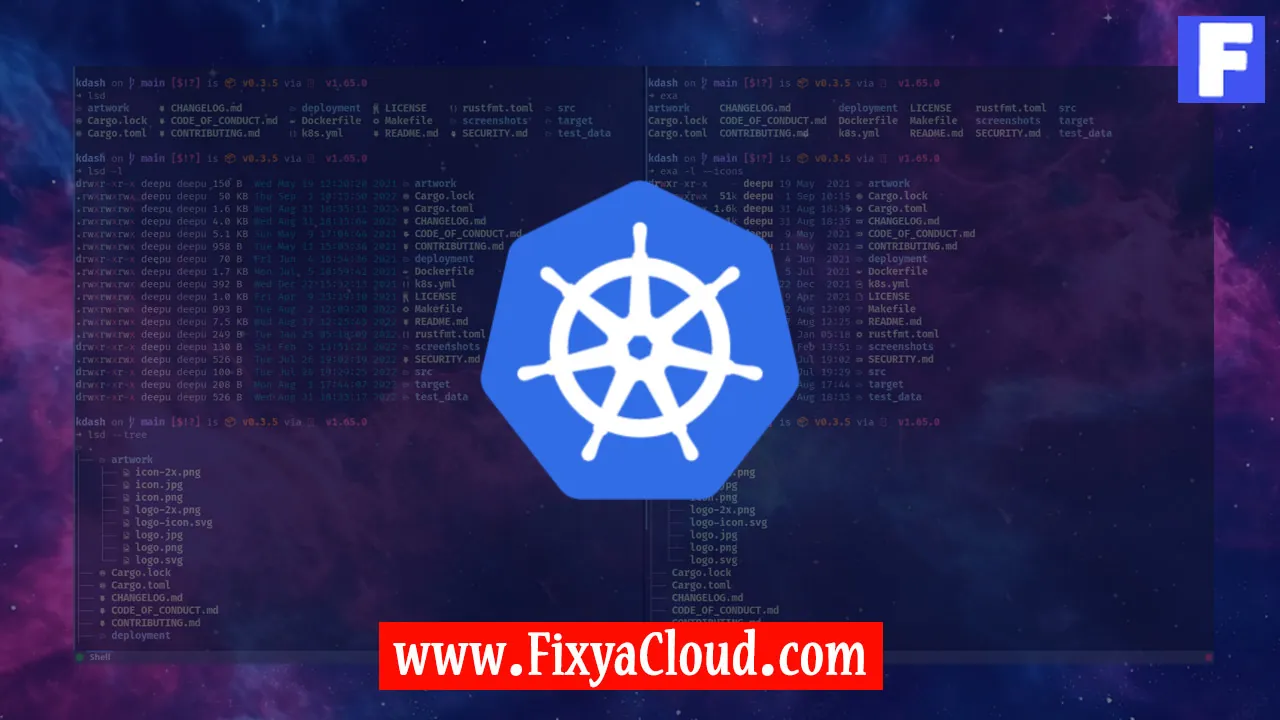Mastering Kubernetes Insights: A Guide to Harnessing Kubectl Get Events

Kubernetes, the open-source container orchestration platform, empowers developers to manage containerized applications effortlessly. To gain real-time insights into the health and performance of your Kubernetes cluster, understanding how to use kubectl get events is essential. This powerful command provides a comprehensive view of events within your cluster, helping you diagnose issues and optimize performance. In this guide, we'll explore the intricacies of kubectl get events to unlock its full potential.
Getting Started: Basics of Kubectl Get Events
Before delving into advanced features, let's cover the basics. The kubectl get events command provides a chronological overview of events in your Kubernetes cluster. Events represent state changes, errors, or other occurrences within the system, offering valuable insights for troubleshooting and monitoring.
To get started, open your terminal and enter:
kubectl get events
This command retrieves a list of events, including timestamps, types, and related objects in your cluster.
Filtering Events: Gaining Precision Insights
Understanding the sheer volume of events generated can be overwhelming. Fortunately, kubectl provides filtering options to narrow down the results. Here are some useful filtering examples:
1. By Namespace:
kubectl get events -n <namespace>
Replace <namespace> with the desired namespace to filter events specific to that namespace.
2. By Object:
kubectl get events --field-selector involvedObject.name=<object-name>
Replace <object-name> with the name of the involved object to filter events related to a specific resource.
3. By Type:
kubectl get events --type=<event-type>
Replace <event-type> with the specific type of event (Normal or Warning) to filter results accordingly.
Real-time Monitoring: Continuous Event Watching
For real-time insights, you can use the --watch flag to continuously monitor events as they occur. This is particularly useful for diagnosing issues or tracking changes in a dynamic environment.
kubectl get events --watch
This command provides a live stream of events, updating in real-time.
Troubleshooting with Kubectl Get Events: Step-by-Step Guide
Now, let's explore a step-by-step troubleshooting scenario using kubectl get events.
Step 1: Identify the Namespace
Begin by identifying the namespace where the issue occurs. Use the following command to list all namespaces:
kubectl get namespaces
Step 2: Filter Events by Namespace
Once you identify the namespace, filter events accordingly:
kubectl get events -n <namespace>
Step 3: Analyze Event Details
Inspect the event details, paying close attention to the Reason and Message fields for insights into the issue.
Step 4: Investigate the Involved Object
Determine the object associated with the event:
kubectl get <resource-type> -n <namespace>
Replace <resource-type> with the appropriate Kubernetes resource type (e.g., Pod, Deployment).
Step 5: Resolve and Verify
After identifying the root cause, take corrective actions and monitor the events for resolution:
kubectl get events -n <namespace> --watch
Advanced Usage: More Examples
To further enhance your understanding, let's explore additional examples of kubectl get events usage:
1. Show Events for All Namespaces:
kubectl get events --all-namespaces
2. Display Events with Timestamps:
kubectl get events --sort-by=.metadata.creationTimestamp
3. Retrieve Events with Labels:
kubectl get events -l <label-key>=<label-value>
Replace <label-key> and <label-value> with the desired label key-value pair.
Harness the Power of Kubectl Get Events
So, mastering the kubectl get events command is a crucial skill for efficiently managing Kubernetes clusters. By leveraging its filtering options, real-time monitoring, and troubleshooting capabilities, you can gain valuable insights into your cluster's behavior. Whether you are a seasoned Kubernetes user or just getting started, this guide equips you with the knowledge to navigate the complexities of event management in Kubernetes.
Related Searches and Questions asked:
That's it for this topic, Hope this article is useful. Thanks for Visiting us.
